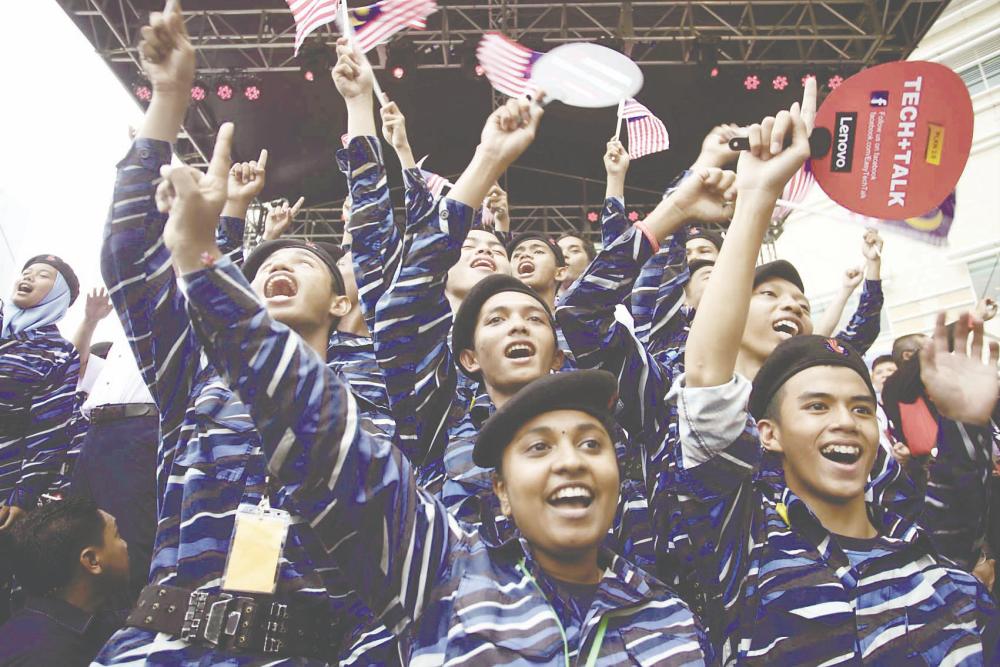THE National Service (NS) programme has resumed after a seven-year hiatus, serving as a timely reminder to the government to ensure that the new version, NS3.0, is implemented with a balanced and phased approach. It is crucial that we avoid repeating the mistakes of the past.
The authorities must prioritise a safe training environment and a reasonable training regime, especially considering the alarming and avoidable incidents of injuries and fatalities that have occurred previously.
Physical training should be tailored to accommodate the varying physical abilities of trainees. More importantly, NS3.0 should focus on fostering racial integration and instilling patriotism, rather than solely on building a reserve force.
NS1.0’s primary objective was to encourage friendship among youths of different races and ethnic groups and address concerns about the growing isolation between the country’s multiethnic and multicultural communities. This goal remains relevant and should continue to guide NS3.0’s development.
It is common sense that physical safety and security in the camps must be prioritised. This includes ensuring a measured physical training programme, maintaining gender segregation and closely monitoring food hygiene standards.
Furthermore, it is essential to implement constant monitoring by camp wardens to ensure that training supervisors and participants are not engaged in harassment or bullying.
Unlike NS1.0 and NS2.0, which lacked feedback studies, it is crucial for the authorities to conduct a comprehensive impact study to assess the effectiveness of NS3.0.
This exit interview would provide valuable insights to improve training modules and outcomes for all stakeholders.
Failure to do so may mean that the funds allocated for NS3.0 could be better spent on social and sporting activities that would promote tolerance and harmony among participants, which in turn could benefit the broader society.









